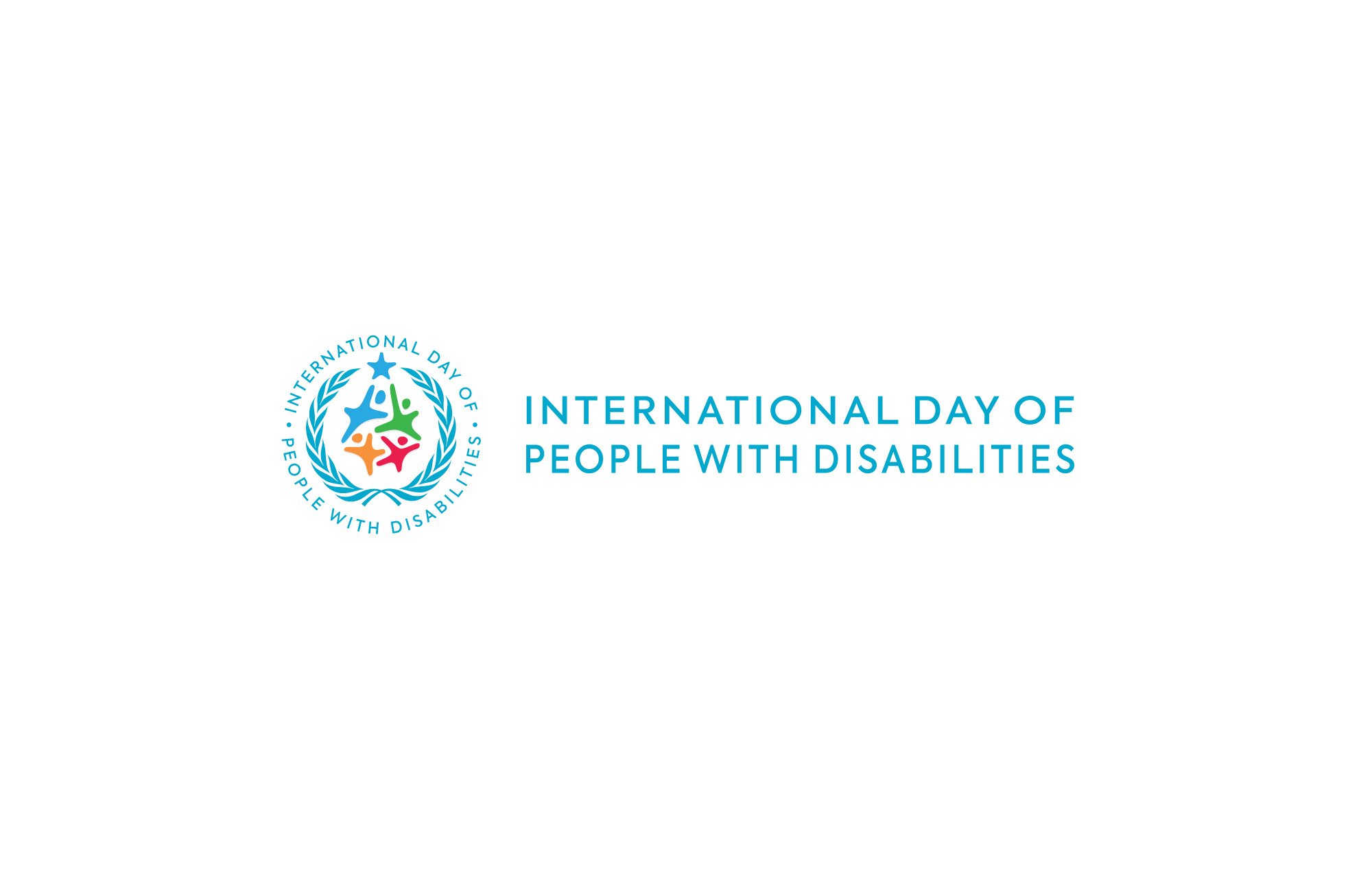The workplace can be difficult to navigate, especially when you’re contending with generational gaps, varying management styles, or a stubbornly toxic culture. Add in unconscious biases, power abuse, and sexual harassment, and the office becomes a cruel, dark place.
While it takes more than one person to improve workplace culture, attorney, author, speaker, and workplace consultant Lauren Stiller Rikleen provides recommendations to transform offices into safe spaces for all employees.
Stiller Rikleen’s work has focused on a variety of topics, from ageism and stereotypes to gender bias and sexual misconduct. To promote diversity and inclusion in the workplace, Stiller Rikleen started the Rikleen Institute for Strategic Leadership. It provides presentations, training sessions, and consulting services that address “strengthening multi-generational teams, women’s leadership and advancement, and implementing strategies to minimize the impact of unconscious bias.”
Of the four books Stiller Rikleen has authored, two focus on barriers in the law profession and ways to overcome them. Her third examines millennial stereotypes and the benefits of embracing a multi-generational approach to strengthening workplace relationships.
In a 2015 Fortune article, Stiller Rikleen wrote: “As the largest generation in history, millennials can be a force for the implementation of broad-based workplace flexibility, if they choose to use their power to do so...They should find allies in senior generations who recognize the shifting demographic patterns and embrace the need for change.”
That theme has been a consistent focus. In 2019, Stiller Rikleen analyzed generational differences in management styles and ways in which younger managers could benefit from strong mentorship by older colleagues who can teach collaboration, effective listening and delegation. While the varying styles may inevitably clash, this collaborative approach can create a more enriching workplace, Stiller Rikleen notes.
In the wake of the #MeToo movement, the institute partnered with the Women’s Bar Association of Massachusetts to produce the Survey of Workplace Conduct and Behaviors in Law Firms. The survey sought to understand “whether behaviors exist in the law firm environment that negatively impact lawyers, paralegals, firm administrators, support staff, interns, and law students.”
“The responses to this survey suggest that much work needs to be done to ensure that law firms are providing a workplace culture where negative behaviors are not tolerated and where people can work without fear,” the survey reads.
It found that negative and inappropriate behaviors persisted due to unchecked power imbalances and reporting was “inhibited by the pressure to ‘go along with’ or otherwise accept inappropriate comments as ‘just a joke,’” even if the comments were racist, sexist, homophobic, or xenophobic. Many respondents felt pressured to ignore such “jokes,” so they could be viewed as team players.
The survey and accompanying report included more than a dozen recommendations to “provide a culture in which people can do their jobs in a safe and respectful environment.” Among them:
- Engage leadership in creating a positive firm culture that treats all with civility and respect
- Implement measures to hold all firm leaders accountable for the behaviors of those they supervise or manage
- Develop a comprehensive policy that does not hide behind strict definitions.
- Consider an independent process for reporting
- Develop a process to encourage reporting and then provide ongoing support and information to those who do so
- Do not force face-to-face interactions between a person who reports and the person being reported
- Develop training techniques for and encourage implementation of bystander intervention
Stiller Rikleen subsequently published her 2019 book “The Shield of Silence: How Power Perpetuates a Culture of Harassment and Bullying in the Workplace,” which “argues that sexual harassment and other negative behaviors will not be stopped unless the condition that drives victims and bystanders into silence—the overriding fear that reporting misconduct will result in retaliation—is eliminated.”
“Gender parity is not a zero-sum game,” Stiller Rikleen writes in a Fortune article titled “Is Gender Bias a Reason to Quit Your Job?”
“It is the ultimate team sport and requires men and women willing to come together to tackle the hard work of developing goals, rewarding success, and holding people accountable for failure.”






Leave a Comment